|
Hello all! Just a couple of short notes. First, Nathan Crowe's forthcoming book Forgotten Clones: The Birth of Cloning and the Biological Revolution is now available for pre-order: https://upittpress.org/books/9780822946274/ And second, the recently published Nature Remade: Engineering Life, Envisioning Worlds, edited by and featuring several members of the BEC, has been reviewed in Science: https://blogs.sciencemag.org/books/2021/07/28/nature-remade/ Reminder to all our members that you can add news items here any time!
0 Comments
Anyone interested in intersections of medicine and technology, or biology and biomedical engineering, should be interested in New Histories of Medical Technology, organised by Jeremy Green and Jaipreet Virdi. Register through the link provided: https://histmedtech.org/ They are keen to emphasise that the discussion points are intended to be of interest for professionals in science and medicine as much as they will be informative for those interested in their history.
You can read the open access article here. Many thanks to the authors for thinking to include the network!
Our members may be interested in this recently launched seminar series, co-organised by Rob Smith (BEC co-founder), Boris Vashev, Ros Attenborough, and Thoko Kamwendo.
https://ec.europa.eu/eusurvey/runner/RRI_seminar_series_2020 You can read the interview with Janella Baxter, one of our co-founders, here: https://blog.apaonline.org/2020/09/18/14145/
The University of Manchester are advertising a short-term post. Details here: https://www.jobs.manchester.ac.uk/displayjob.aspx?jobid=18855
We are pleased to share news that a new special issue of the journal History and Technology on the topic of 'Biology and Technology Reframed' has recently been published. As the editors explain this issue forms the first part of a longer term collaboration with the Journal of the History of Biology.
Contents:
You can find all of the articles in this special issue by following this link: https://www.tandfonline.com/toc/ghat20/35/4?nav=tocList It is our very great pleasure to share some excellent news! BEC member Daniel Liu has just been awarded the 2020 Everett Mendelsohn Prize for his article 'The Cell and Protoplasm as Container, Object, and Substance, 1835-1861'. You can read more about the prize announcement here. We were able to get hold of Daniel and asked him in what ways this particular paper might be of interest to the BEC crowd. He writes:
Very many thanks to Dan for taking the time to write to us, and our hearty congratulations to him for such a well deserved award!
We are pleased to share two new publications from BEC members which our readers might find of interest. Both have been included in our updated list of publications.
The Artificial Cell, the Semipermeable Membrane, and the Life that Never Was, 1864–1901 Daniel Liu Abstract Since the early nineteenth century, a membrane or wall has been central to the cell’s identity as the elementary unit of life. Yet the literally and metaphorically marginal status of the cell membrane made it the site of clashes over the definition of life and the proper way to study it. In this article I show how the modern cell membrane was conceived of by analogy to the first “artificial cell,” invented in 1864 by the chemist Moritz Traube (1826–1894), and reimagined by the plant physiologist Wilhelm Pfeffer (1845–1920) as a precision osmometer. Pfeffer’s artificial cell osmometer became the conceptual and empirical basis for the law of dilute solutions in physical chemistry, but his use of an artificial analogue to theorize the existence of the plasma membrane as distinct from the cell wall prompted debate over whether biology ought to be more closely unified with the physical sciences, or whether it must remain independent as the science of life. By examining how the histories of plant physiology and physical chemistry intertwined through the artificial cell, I argue that modern biology relocated vitality from protoplasmic living matter to non-living chemical substances—or, in broader cultural terms, that the disenchantment of life was accompanied by the (re)enchantment of ordinary matter. The Diversity of Engineering in Synthetic Biology Massimiliano Simons Abstract A recurrent theme in the characterization of synthetic biology is the role of engineering. This theme is widespread in the accounts of scholars studying this field and the biologists working in it, in those of the biologists themselves, as well as in policy documents. The aim of this article is to open this black-box of engineering that is supposed to influence and change contemporary life sciences. Too often, both synthetic biologists and their critics assume a very narrow understanding of what engineering is about, resulting in an unfruitful debate about whether synthetic biology possesses genuine engineering methodologies or not. By looking in more detail to the diversity of engineering conceptions in debates concerning synthetic biology, a richer perspective can be developed. In this article, I will examine five influential ways in which engineering is understood in these debates, namely engineering as applied science, as rational methodology, context-sensitive practice, cunning activity or design. The claim is first of all thus to argue that engineering must not be seen as something stable or characterized by a fixed essence. It rather has multiple meanings and interpretations. Secondly, the claim is that most of the debates on synthetic biology cannot be indifferent towards the question which conception of engineering is at play, since the specific questions and concerns that pop up depend to a great extent on the precise conception of engineering one has in account. Many of the existing debates around synthetic biology can thus be reinterpreted and readdressed once one is aware of which conception of engineering is at play. We would love to see this position filled by someone with interests in biology meeting engineering! The full advert can be found here: ADVERT.
|
AuthorsAuthors of blog posts will always be named in the post. Archives
August 2021
Categories |
|
COPYRIGHT: Unless explicitly stated otherwise, permission is granted for noncommercial reproduction, copying, distribution and transmission of material on this website, or parts thereof, so long as full credit is given to the coordinating projects, organisation, and authors; the text is not altered, transformed or built upon; and for any reuse or distribution, these terms are made clear to others.
|
|

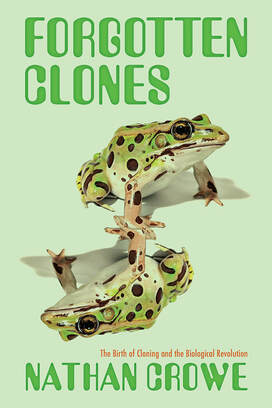
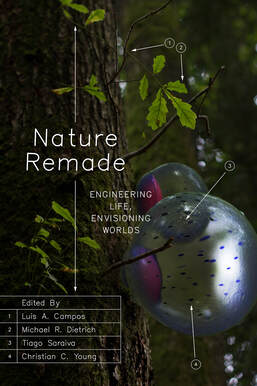
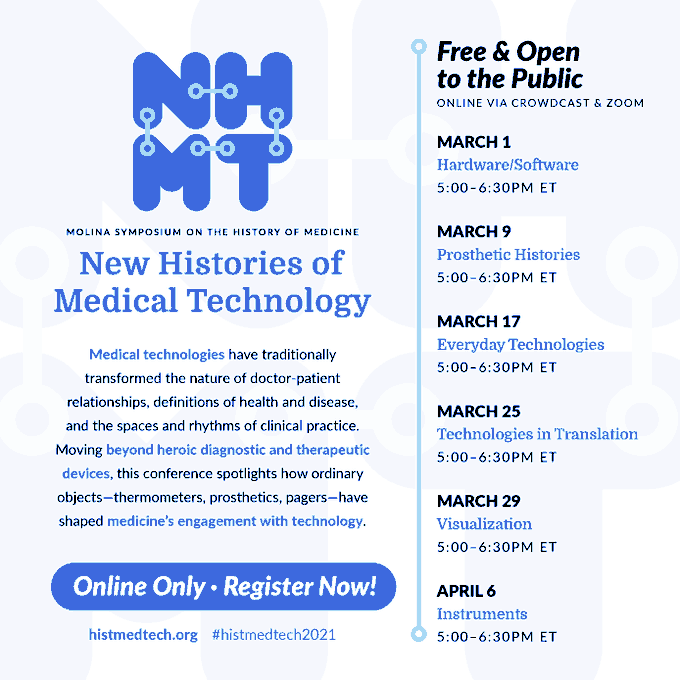
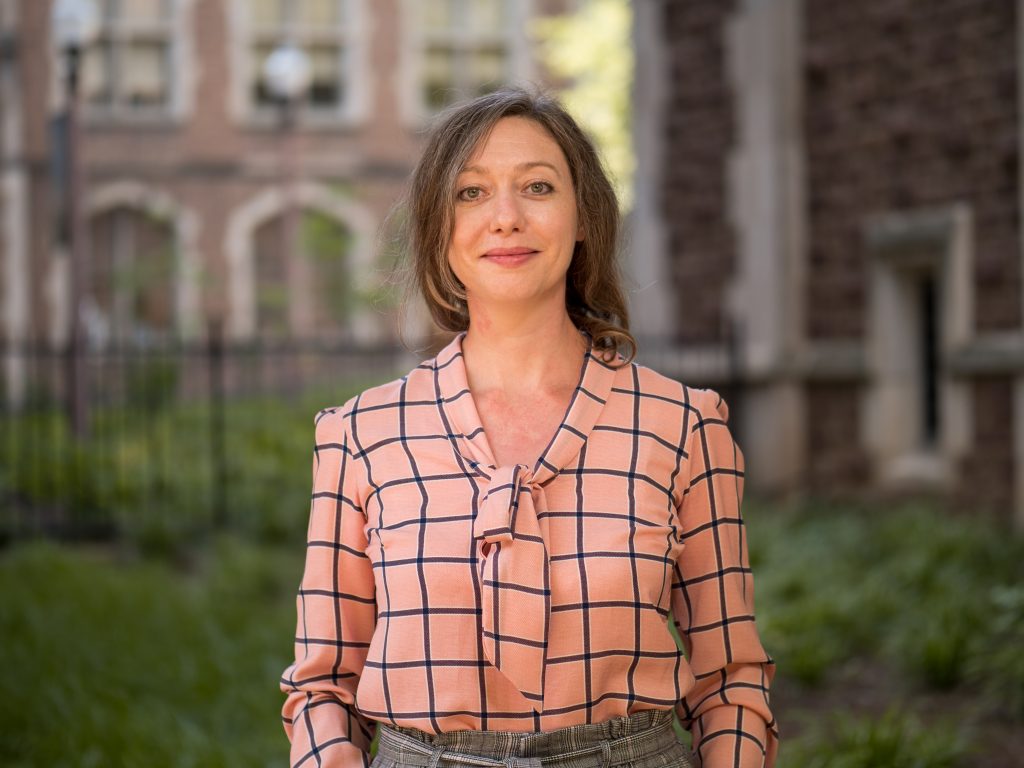
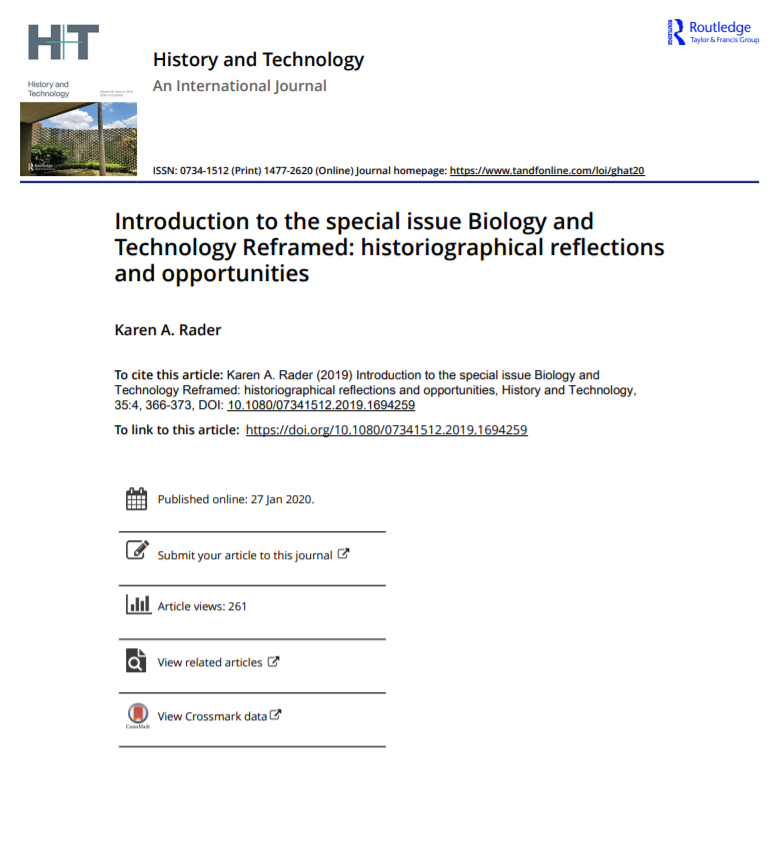
 RSS Feed
RSS Feed